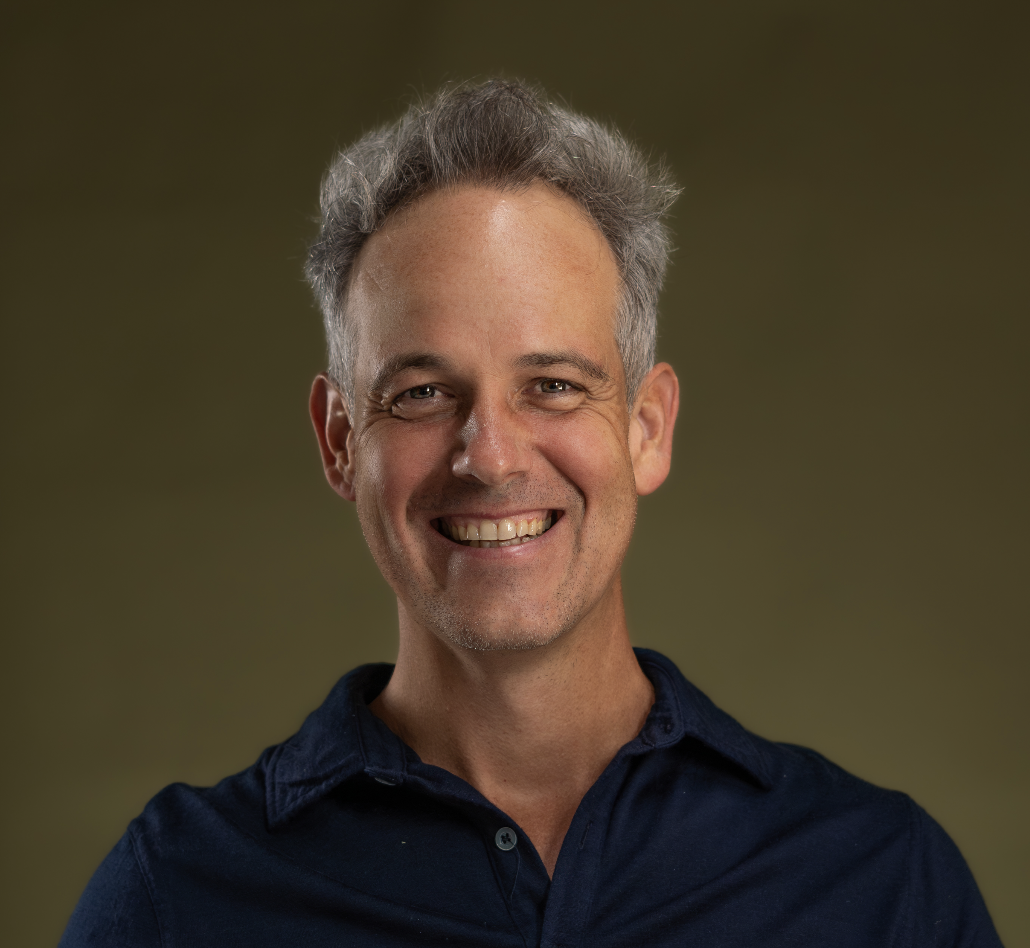At GetSmarter, we will educate 7,000+ students on semester-long university-endorsed online short courses in 2014. Learners spend between 60 and 100 hours learning on these programmes, which has them working through several learning activities every week. At GetSmarter we call these groupings of learning activities ‘work units’, and each weekly module has several work units.
One advantage of the online learning environment over the classroom is that almost every learning activity can be tracked. We know when learners log in, when they post questions, when they watch video lectures and how much of the video lecture they watch, how long it takes for Faculty to answer learner questions, and so much more. We can also link student performance on assignments to the content they consumed. If we see a trend with students watching a particular lecture and then completing an optional exercise, for example, and then doing really well on a specific learning outcome, we can start to piece together what sort of teaching content is performing the best. This is like being able to audit specific teaching activities for their impact on student performance! This is very powerful when you think about all the potential uses of these learning analytics and how they can help us improve teaching.
Suffice to say we can build a great picture of each and every learner’s engagement with their course by looking at their personal learner analytics.
One of the key challenges in distance education is learner motivation. Learners may lag behind early in the course and never catch up. In our online learning environment, we have diagnostic tools that help us determine if a learner may be at risk - for example, we can use data to determine if a learner hasn’t prepared sufficiently for an assignment. The result? We can intervene with an email or a telephone call to highlight the potential risk, and help the learner course correct.
I mention telephone because an automated email to remind them to submit their assignment on time can only do so much for a learner’s motivation. But a telephone call, from a well-trained course coach who genuinely cares about that learner’s progress - that’s an administrative intervention that impacts positively on learner motivation. You can imagine the learner’s response to the telephone call: “Wow, someone is watching me. And they’re friendly and patient on the telephone. I get the sense that they care about me and my progress. I think i’ll clear my schedule tomorrow afternoon to catch up on my course work”.
We’re undergoing a significant upgrade of our learner coaching function at GetSmarter. Rob Paddock, our Chief Academic Officer, shared our latest coaching dashboards with me earlier this week. I’m excited to share these screenshots with you below.
Here’s a photo of one of our coaches using his new dashboard to identify a student who is falling behind:
Here are four screenshots of the dashboards he’s using. I've blurred out the student details to protect their privacy. I can’t wait to see these dashboards evolve over the next six months.










